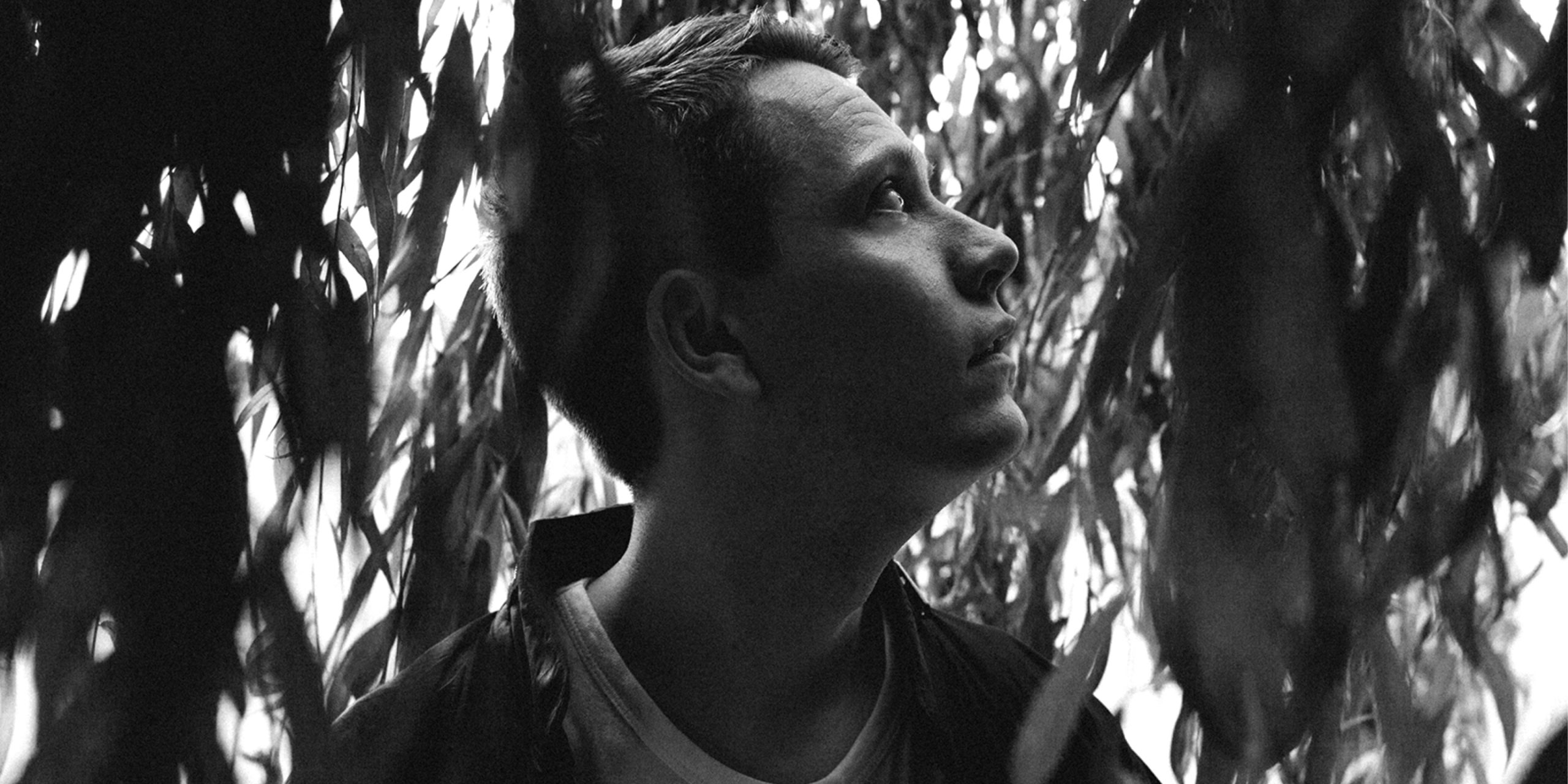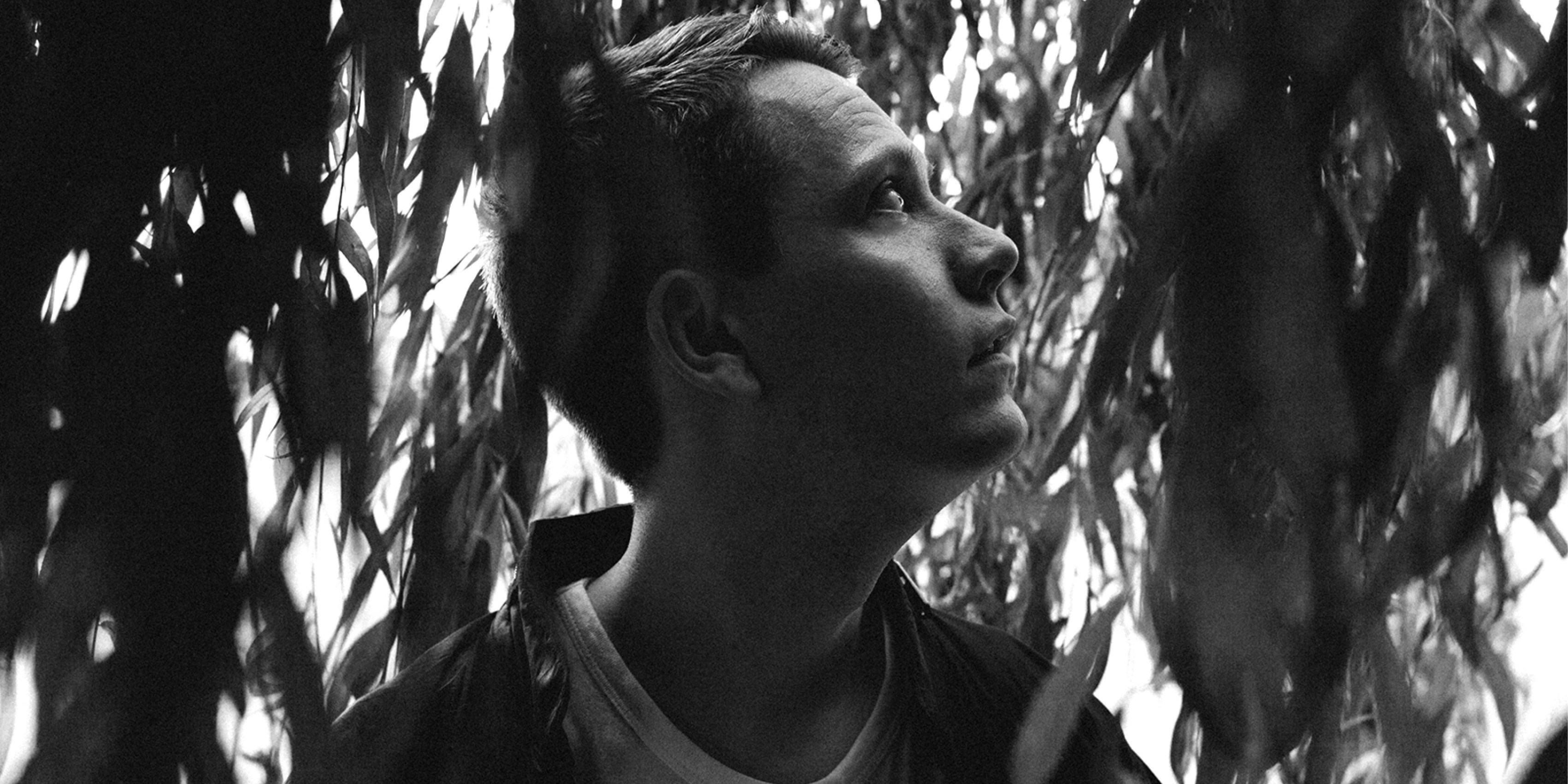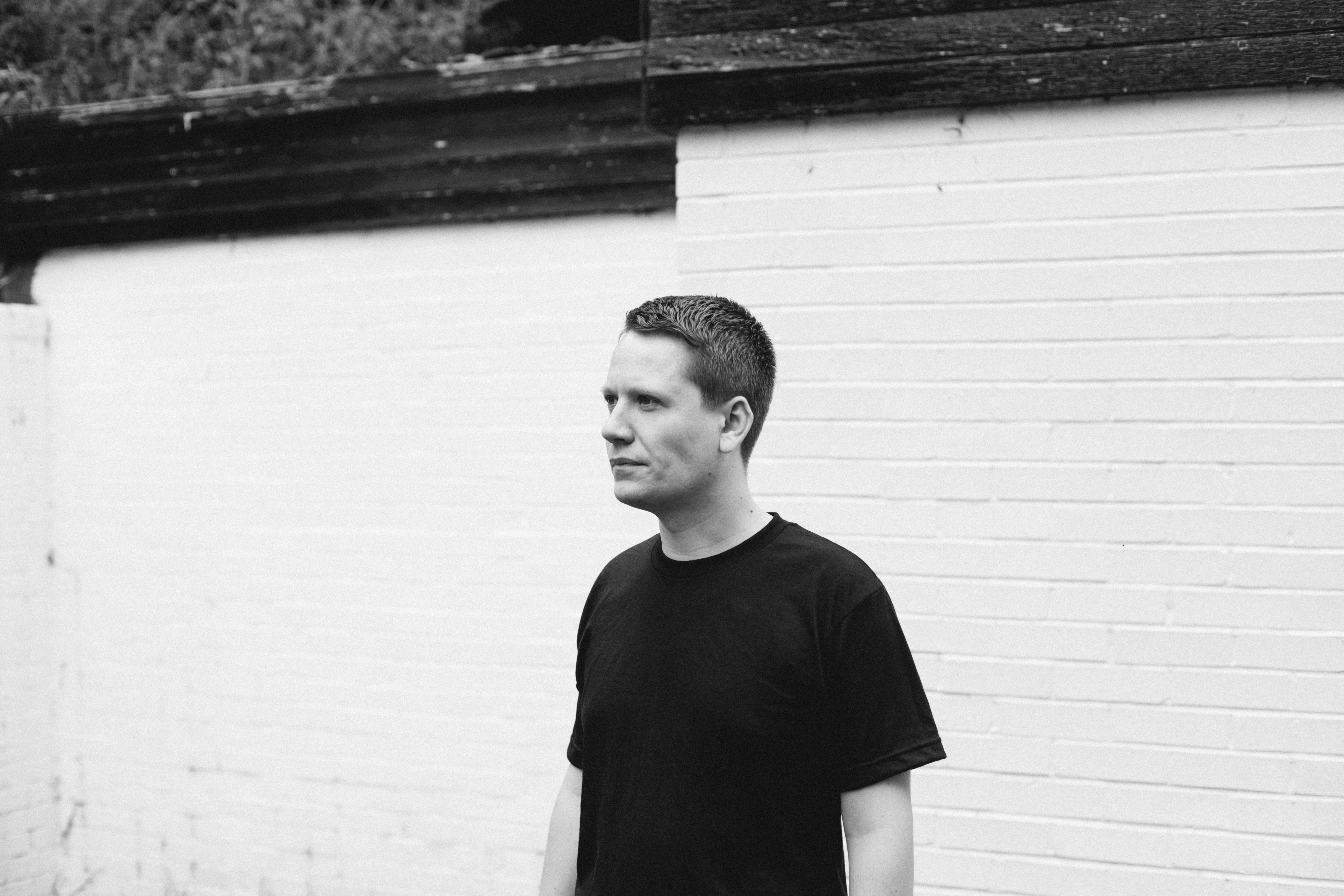Artist Tips: Pangaea
The Hessle Audio co-founder gives his thoughts on the production processes.

Artist Tips: Pangaea
The Hessle Audio co-founder gives his thoughts on the production processes.

Kevin McAuley (a.k.a. Pangaea) has been at the forefront of the UK’s burgeoning electronic music scene for close to a decade. Marrying traditional techno structures with a rogue experimentalism, he’s risen to become an artist held in the highest regard, revered for the forward thinking nature of his work, both in the studio and behind the decks.
Consequently, there was a tremendous amount of hype around his debut LP, released in October via Hessle Audio, the label he co-founded with Ben UFO and Pearson Sound. As exploratory as his discography has been, an album is an entirely different prospect and it was not easy to know what to expect—even more so given the evolution of his sound and style since his 2007 debut. Would the album match expectations?
On reflection, six weeks on, In Drum Play would appear a defining moment in McAuley’s career. It is, for those who have followed Pangaea’s work, a real treat in that his singular style and artistry is evidenced across all 10 tracks. Not only did it prove to be a splendid debut album and a wonderful example of progressive underground dance music, it cemented McAuley’s reputation as one of the most innovative producers to come out of the UK in many, many years. It’s on this basis that we invited him to contribute to our Artist Tips series.

Use whatever you’re comfortable with
The most important thing to remember—whether you’re just starting out or have been making music for years—is that there’s no “correct” way of doing anything. No particular DAW or bit of equipment will make you a better producer by purchasing it. Thinking in this way is a trap you can fall into at any time, and I’d be lying if I said I hadn’t occasionally.
I think a better way of looking at the evolving studio setup is to approach changes in a way that keeps the workflow fluid and ideas fresh. I’ve made new tracks off the back of playing around with a new piece of equipment I’ve bought, but also from trying out plugins, new samples, and things I’ve recorded myself. But often I’ll go back to what I know, because I want to spend my time creating new music rather than learning to use new stuff.
“I like the freedom of a computer to do this, as I’m able to take advantage of a change in headspace that I might not be able to recreate on a Wednesday afternoon in my studio.”
Similarly….where you make music doesn’t matter
A good sounding room is always preferable, but where you make music doesn’t matter as much as you think. It’s more important to listen out for the right things. A lot of the best and most innovative dance music has been made on budget speakers in acoustically untreated bedrooms.
A tool I find useful is a plugin called TB Isone by Toneboosters: it’s essentially an EQ and reverb that models/simulates listening to something in a different environment to what you are in (i.e. your bedroom). Putting this on the master and playing with the settings can give you a much better idea of how a mix is sounding in general. I also use a spectral analyser, Voxengo Span, to check the frequency spectrum and help make any necessary adjustments.
Some people can only work from their studio, but personally I work on projects when on the road, even if it’s for a few minutes to make tweaks to an arrangement or to get an idea down that’s come into my head. I like the freedom of a computer to do this, as I’m able to take advantage of a change in headspace that I might not be able to recreate on a Wednesday afternoon in my studio.
Pick the right sounds/samples
You’d be hard pushed to make a 909 and a couple of oscillators from an analog synth triggered by an arpeggiator sound bad. That’s because the sounds from the machines are so good to start with. You can’t say the same for the thousands of samples you’ll flick through on the computer. So if you get those right to begin with, finishing the track will be a lot more straightforward.

Arrangement
In my experience, this is one of the biggest obstacles to finishing tracks. The main idea, in the form of a melody or drum loop perhaps, may take a matter of minutes but can also get stuck in no man’s land on 16-bar loop—or worse –two or three minutes of something. So I find most of the “work” in producing music comes from fleshing out all the ideas into a fully-fledged, complete track.
And…
…you’ll sometimes feel like you’re wasting your time
I’ve put thousands of hours into tracks that never see the light of day. Normally this is because it’s not the best idea to begin with, and I stubbornly try and make it work. This isn’t necessarily a complete waste of time though: just by putting in the hours you’ve become better at your craft, and you can also generate ideas that can be used again in different projects
I’ve also “pushed through” on something I thought was going nowhere because I thought it had potential, and come away with a finished product. I guess it all depends on what you’re willing to put yourself through. There’s absolutely nothing wrong in making a drum tool track in an afternoon, but a lot of the time better things require putting in more effort than that.
Use help
It can get very mentally tiring to be on your own, listening over and over to something, without being sure if it’s any good. Play your track to people whose opinion you trust, because just a fresh pair of ears can pick out something in seconds you’ve spent hours trying to work out. The same goes for finished work. From the perspective of a label owner, it’s much better to hear two or three new tracks from someone who is selective in who they send it to, over a zip of 15 tunes sent to every label they can think of.
Take a listen to the drum (and bass) track
More often than not, the drums are the bedrock of what makes people move. So take a listen to the drums on their own and see what reaction you have to them. Also just listening to everything below 200Hz, for instance, can be very useful. Sometimes I’ll do that and just hear a muffled mess, whereas ideally you’ll want to hear a clear separation between the kick and bass.
“By listening quietly you’re able to hear what’s going on properly and what needs adjusting, and there’ll be less fatigue too.”
Listen quietly
Playing something louder doesn’t make it better, although it will feel like it because:
- It’s loud; and
- Your ears are naturally compressing it.
By listening quietly you’re able to hear what’s going on properly and what needs adjusting, and there’ll be less fatigue too. Obviously you’ll want to crank up the volume occasionally and vibe off what you’re doing!
Listen away from a screen
It’s useful to turn the screen off occasionally, or at least turn away from it. I’ll frequently bounce out where I’m at with something, put it on my phone and listen out and about. It’s a much more realistic experience.
“I find it useful these days to contextualize what I’m making and ask myself what use it will serve.”
Have a think about what you’re trying to achieve with the music
It could be that you’re writing an ambient track, or an experimental piece just for the hell of it, or a peak time slammer. I find it useful these days to contextualize what I’m making and ask myself what use it will serve. Sometimes just a few simple changes can turn a track from ‘so so’ and quickly forgotten about into “very playable.”

